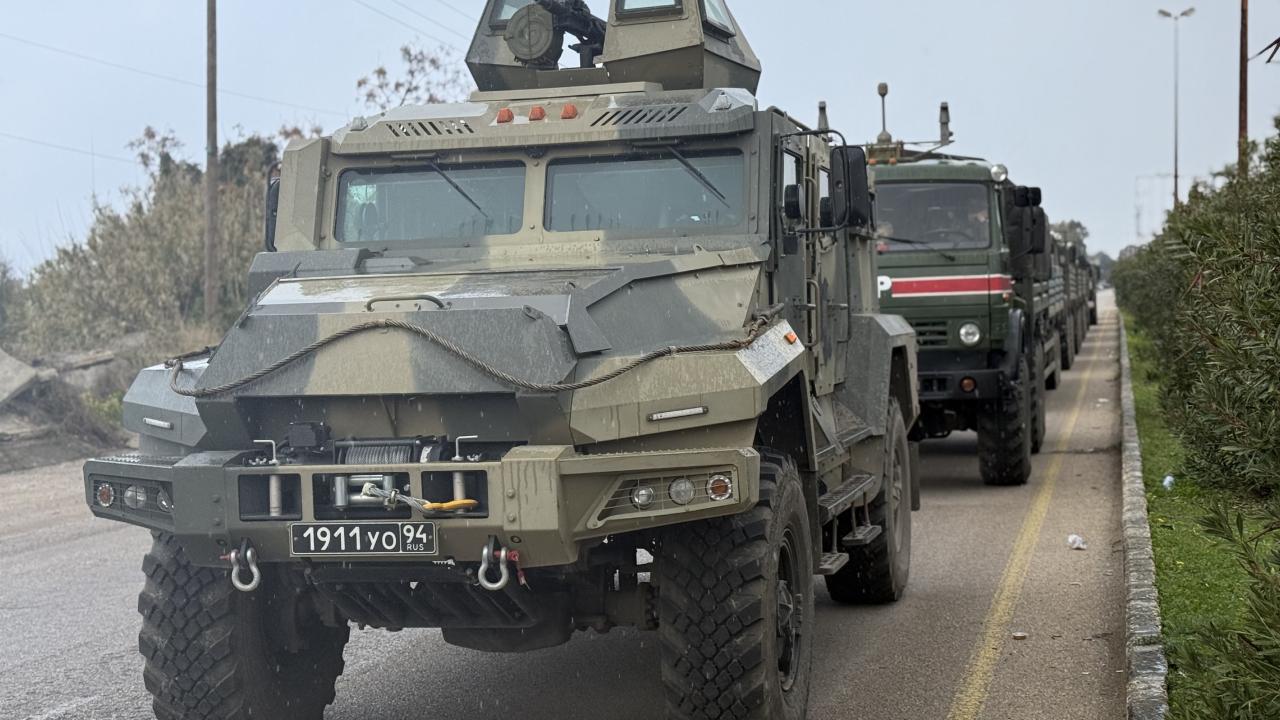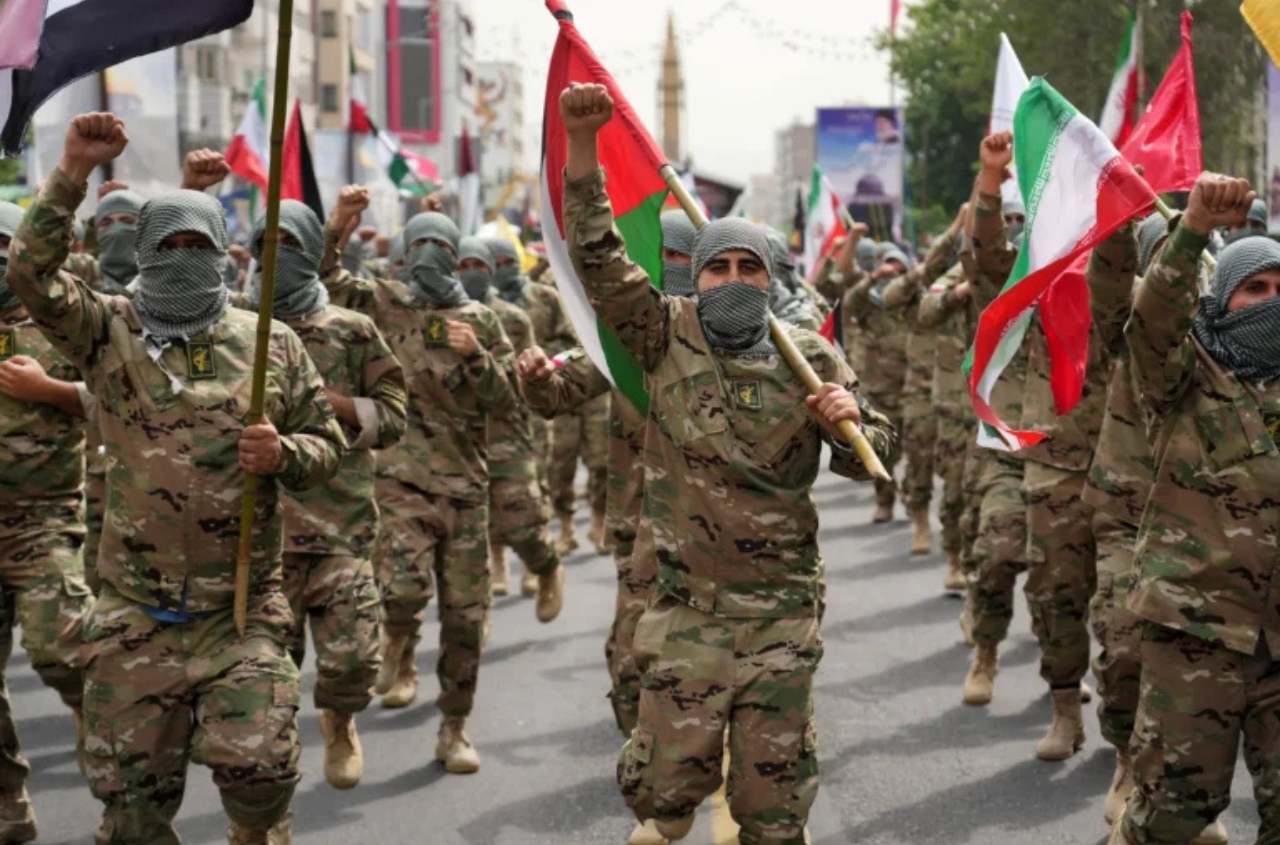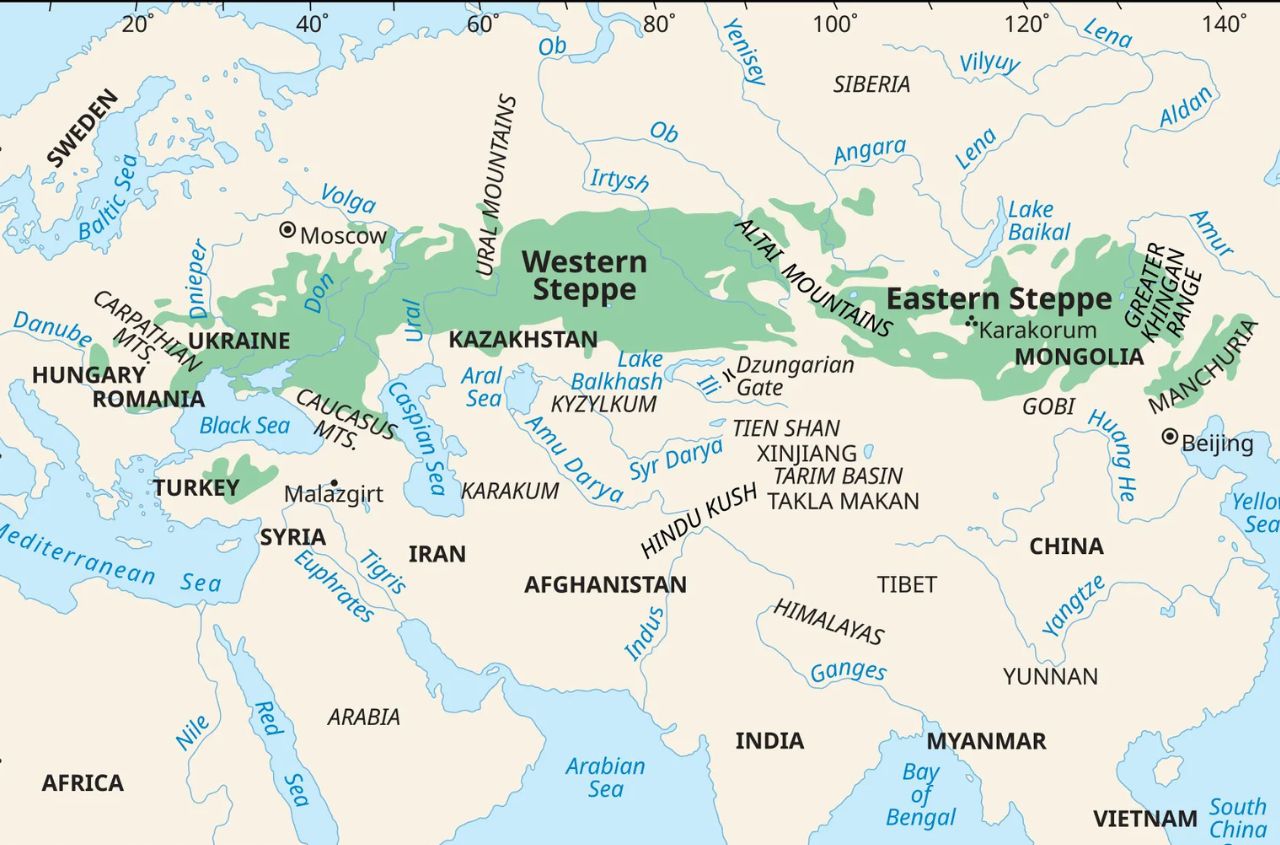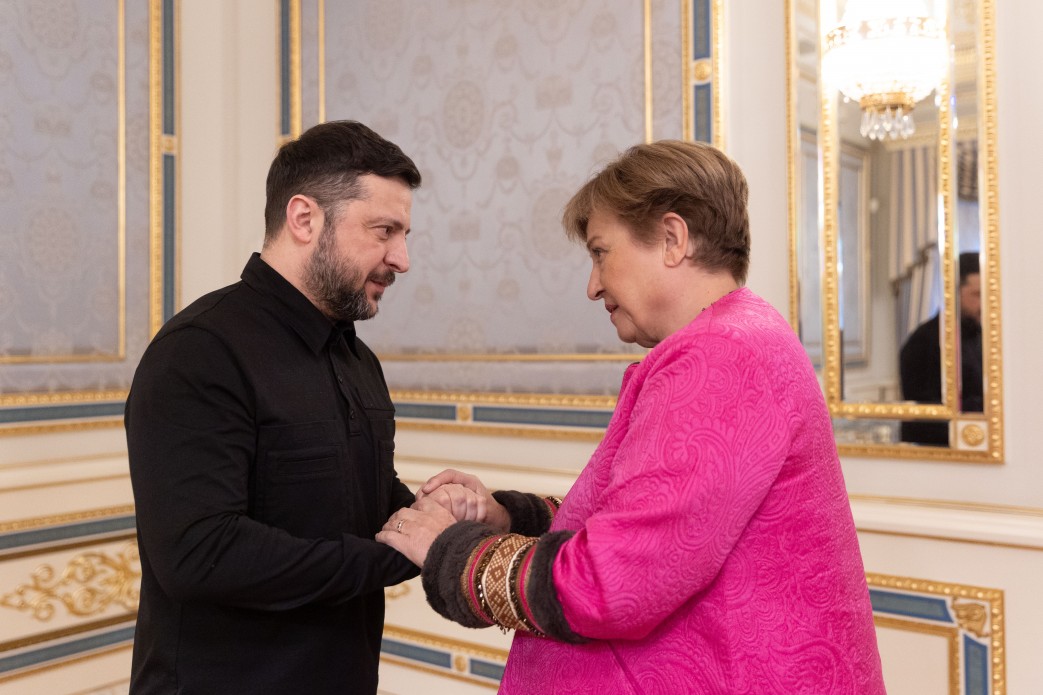The Syrian Ministry of Defense denied Russian military forces access to the naval base in Tartus, reports the Turkish publication TRT. A convoy of 30 trucks carrying missile weaponry, which had set out from the Khmeimim airbase in the morning, was stopped by military personnel loyal to the new government. As a result, the convoy was held at a checkpoint in Tartus for about eight hours. After long waiting and attempts to get permission for entry, the convoy returned to Khmeimim empty-handed.
The incident occurred against the backdrop of recent statements by the Syrian Ministry of Defense under the transitional government, led by Murhaf Abu Kasra, who said that the continued presence of Russian bases in Syria would depend on whether it would benefit the new authorities. The minister hinted that Damascus might seek the former president, Bashar al-Assad, who is currently hiding in Moscow. According to Kasra, Syrian government leader Ahmed Ash-Sharaa raised the issue during a meeting with the Russian delegation at the end of January. At that time, reparations were also discussed, as Russian forces had helped Assad maintain power by bombing opposition-held cities. However, the negotiations have not yielded results, according to the head of the delegation, Russian Deputy Foreign Minister Mikhail Bogdanov. At the same time, Russia expressed its willingness to finance the reconstruction of Syria to gain a "green light" from the new authorities.
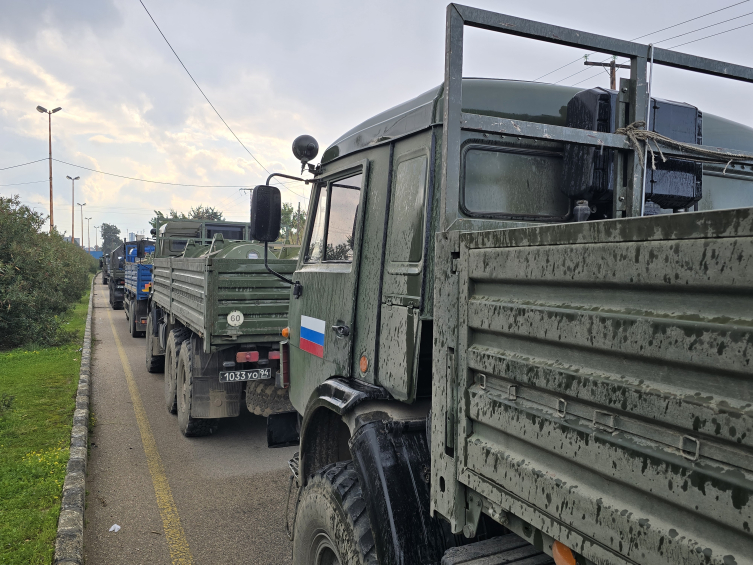
The chances of success are slim. Turkey, which helped the rebels overthrow Assad and continues to support them, opposes the retention of Russian bases. The new authorities have also canceled the 2019 agreement with "Stroytransgaz" regarding investments in the Tartus port, which was signed for 49 years. Moscow has already withdrawn some of its weapons from Syria, including through the Tartus base. In late January, Russian ships Sparta, Sparta II, "Ivan Gren," and "Alexander Otrakovsky" arrived there, and satellite images recorded dozens of pieces of military equipment ready for loading. Prior to this, the ships had been stranded nearby, waiting for permission from the new authorities.
The naval base in Tartus gave Russia direct access to the Mediterranean Sea and, along with the airfield in Khmeimim, served as a key point for expanding the Kremlin's influence in the Middle East and Africa, as well as a hub for the deployment of troops, mercenaries, and weapons. The agreement to expand Russia's military presence in Syria was signed in 2017 for 49 years. It allowed the Navy to station up to 11 warships in Tartus, including those with nuclear-powered reactors. Putin had previously stated that he had attempted to secure the continued use of the bases after the revolution, promising the new government that they would be used for "delivering humanitarian aid" to Syria.









